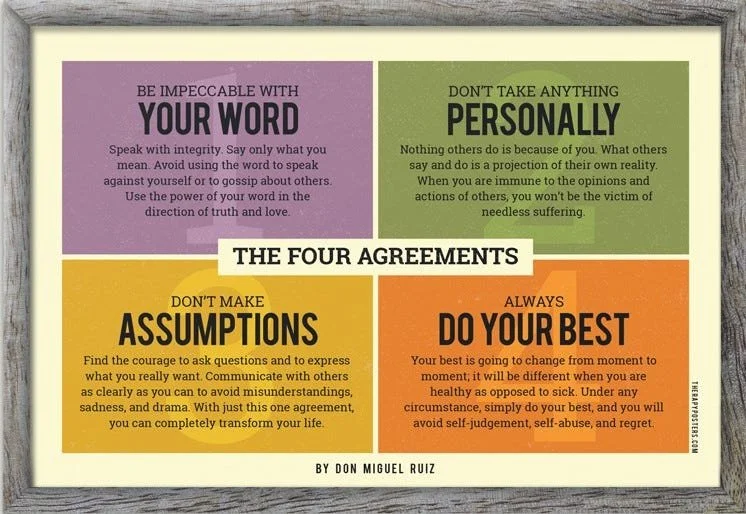Trust is a core, foundational principle in partnership work. It’s truly a place where partnership will soar or get stuck if trust is not strong. Trust doesn’t just happen. It has to be earned and maintained and when done well, trust can be more valuable than gold.
Partnerships and Polarity Management
“The test of a first-rate intelligence is the ability to hold two opposed ideas in mind at the same time and still retain the ability to function.” - F. Scott Fitzgerald.We all tend to see the difficulties we encounter at work and in life in general as problems we must solve. We come by this tendency honestly through formal education and through learned experience where we told to look for “the answer” to our problems.
Embracing Inherent Partnership Tensions
This past spring I participated in a conference on “Inherent Tensions in Networks”. The main theme was get comfortable with being uncomfortable when working in partnerships. When I work with partners I use a diversity of concepts and methods to support and enhance their work, including design and systems thinking and group dynamics. But “Polarity Thinking”, is one framework I use regularly. Like yin and yang, polarities are interdependent values that support each other.
New Millennial Engagement Research
By Jocelyne Daw and Richard JanzenEvery nonprofit or community-minded organization is looking to pass the torch to the next generation, finding someone to take up “The Cause” and continue the good work. This work is vitally important to building and maintaining communities, helping the disadvantaged, and connecting us with like-minded people.
Reflections On My Partnership Brokers Training
Guest Blog - Rebecca Aird, Director Grants and Community Knowledge, Ottawa Community FoundationIn February this year, I participated in a 4-day training course by the Partnership Brokers Association. Participants included reps from post-secondary institutions, government agencies, funders, and not-forprofit organizations.
Conditions for Effective Partnerships
By Jocelyne DawEveryone talks about partnership. But talking about collaboration isn’t the same as doing it. Genuine collaboration is hard, especially when it requires working across sectors and systems. Ineffective partnerships can be wasteful and challenge traditional power dynamics. It can be regarded more as a charming concept than as a legitimate practice to improve outcomes. Partnering isn’t the clear answer to every problem.
Shifting the Funder's Partnership Paradigm
Donors increasingly play a critical role in funding cross-sector collaborations. In fact, many require “partnerships” for funding to be provided. They rightly belief partnerships can be innovative, far reaching, scalable and sustainable. But donors often struggle to appreciate the challenges and hard work involved in true partnerships. And while their intentions are genuine, practice suggests funder driven partnerships have often stifled rather than optimized multi-stakeholder collaborations.
An Update on Shared Value Around the World
So far, 2017 has been a year of stability and scaling for shared value. Shared value was introduced over six years ago as an innovative new approach addressing social needs with a business model to achieve social and economic value. While some of the initial excitement has faded, many companies have found success with this strategy and are reaping the benefits of more effective community-business relationships while creating new economic value.
Social Purpose Marketing for Behaviour Change
Recent years have seen a huge increase in companies getting involved in social purpose marketing. Rather than solely throwing money at a cause, companies are taking a stand and educating the public about underlying social issues. Advocacy and educational campaigns add authenticity and a personal connection to community investment initiatives. Social purpose marketing isn’t just about doing good for the community, it has also been shown to have unique business benefits.
The Future of Cause Marketing
Cause marketing has changed rapidly in recent years and these changes have the potential to impact their contribution to the nonprofit sector. With the rise of online shopping, and many retailers closing up physical stores, the popular point-of-sale requests are becoming less viable. Fortunately, even with all of these changes, there are still ways to get customers involved and create a successful campaigns that support organizations both in raising money and awareness.







